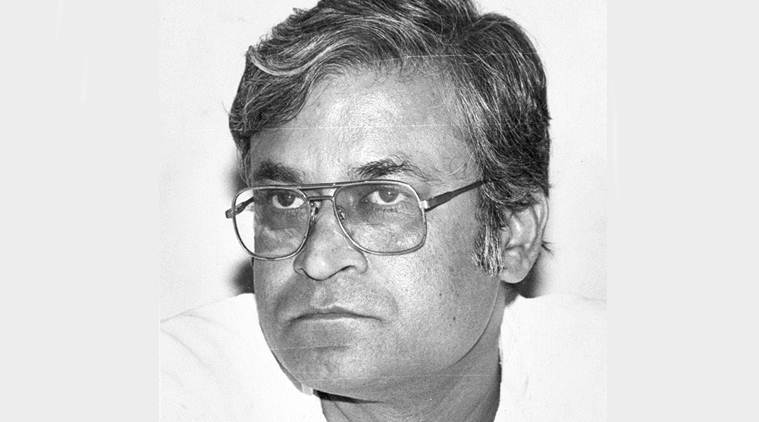 Ajay Singh (1950-2020).
Ajay Singh (1950-2020).
Ajay Singh, former president of All India Jat Maha Sammelan and junior minister in the V P Singh Cabinet, died of heart failure on Tuesday. He was 70.
Singh was a rare Indian politician who had almost no enemies. JD(U) general secretary and a close friend, K C Tyagi, remarked, “He was a bit of a misfit in politics — he was too much of a gentleman.”
Singh was friendly with all, and had malice towards none. When Devi Lal and Charan Singh fell out in 1982, Singh was one person who managed to remain friends with opposing camps. Similarly, despite the bitterness between Ajit Singh and Mulayam Singh Yadav, he retained ties with both. He had friends across the political spectrum — from Madhu Limaye and George Fernandes to Biju Patnaik, Karpoori Thakur, Sharad Yadav, Ram Vilas Paswan and V P Singh.
In 2013, Congress leaders from the Jat community, Natwar Singh and Bhupinder Singh Hooda , backed him for the post of president of All India Jat Maha Sammelan.
Singh was son of respected civil servant and diplomat Bhagwan Singh, who was also a shining light of his community, and, after serving in Army as Captain, obtained one of the war-time vacancies in the ICS and became the first Jat person to join the Indian Administrative Service.
It was his father’s dream that Ajay should join politics and work for the welfare of his biradiri (community). Singh fulfilled his father’s dream by getting elected to Lok Sabha from Agra in 1989. He served briefly as deputy minister for Railways in the V P Singh government. From 2005 to 2007, he was India’s high commissioner to Fiji, a post held by his father 30 years earlier.
The family has an old association with Fiji, since Singh’s great-grandfather was among the first indentured labourers from India to be sent by the British to the Pacific island. His late wife Shiromani grew up in Fiji, although she was educated in India.
Singh was a student of Modern School and St Stephen’s College in Delhi, where he excelled at sports – he was captain of the swimming and water polo teams for Delhi University. He was a student of English literature at a time when the Naxalite movement was at its height on the campus and many of his best friends were underground, eloping the banned outfit. Singh was a sympathiser but did not play an active role.
After college, Singh studied journalism in New Zealand and worked for a while in both television and print. He returned to India in the post-Emergency period and together with late journalist Chand Joshi helped in revamping the fledgling India Today magazine.
He also worked for the Hindustan Times and Surya magazine.
One of his close friends from his college days, Dilip Simeon, believes that Singh was probably more suited to his other profession of journalism, for which he had a natural flair, than the rough and tumble world of politics.
Jat peasant leader Charan Singh was very fond of Ajay Singh, whom Chand Joshi once jokingly nicknamed as the first jean-clad Jat. Charan Singh formed the Kisan Trust in 1980 and appointed Ajay managing trustee and editor of ‘Asli Bharat’ and ‘Real India’ – Hindi and English magazines published by the Trust to highlight the problems of rural India.
In later years, Ajay Singh found himself out of sync with politics. His health had been failing ever since his wife passed away. His publications include the three-volume ‘Janata Papers’, which he co-edited with the late Madhu Limaye, and ‘The Selected Writings of Charan Singh’.
He was working on the history of the Jat community and also researching his family’s links with Fiji.